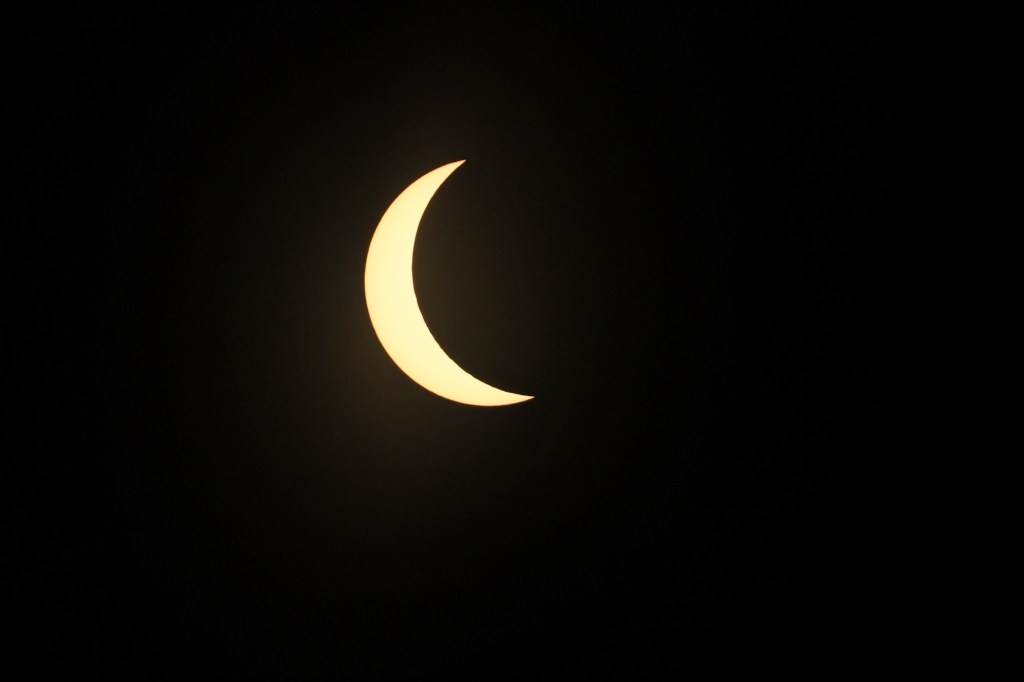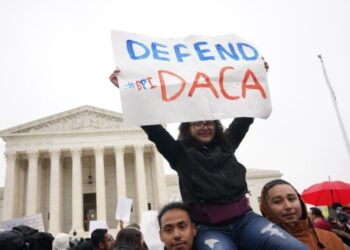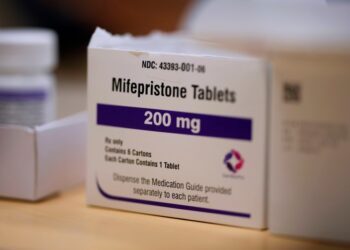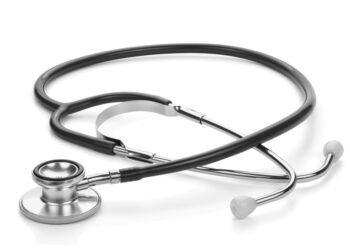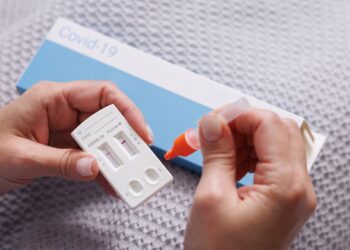If you looked at the eclipse without your special safety glasses, you’re not alone.
Searches for phrases like “my eyes hurt” and “I looked at the eclipse without glasses” spiked following the eclipse. So, despite warnings and advice from experts, it looks like plenty of folks snuck an unprotected peek.
“For most people, they probably looked for a few seconds and looked away after, either because it hurt or because they knew it was a bad idea,” said Sunir Garg, a physician and codirector of the retina research program at Wills Eye Hospital.
Looking at the sun’s rays can harm your eyes and damage your macula, a part of the retina that helps give you clear vision when looking straight ahead. During the eclipse, the sun may have been easier to look at because it was partially covered by the moon, which could lead to damage to some viewers’ unprotected eyes.
Luckily (sort of), you’ll probably know right away if you damaged your eyes. Garg said symptoms — such as blurry, wavy, or distorted vision, or spots in your vision when blinking — are likely to appear immediately.
But don’t panic right away. It’s likely that those symptoms could fade in the coming hours or days, and your vision may go back to normal.
If after several days, your central vision remains distorted or wavy, you should go see an ophthalmologist for further treatment.
If you are experiencing symptoms, Garg suggests doing a check of your vision at home and monitoring how it progresses. To do so, cover each eye by itself to check the vision of the other eye by looking at something with fine detail, such as a newspaper or your cell phone.
“That way, [you] can make sure each eye by itself is doing OK,” Garg said. “And you may find a problem in one eye and not the other.”
Unlike with a bum knee or elbow, it can be difficult to tell which eye may be giving you trouble, Garg said. Issues with your macula typically…
Read the full article here

